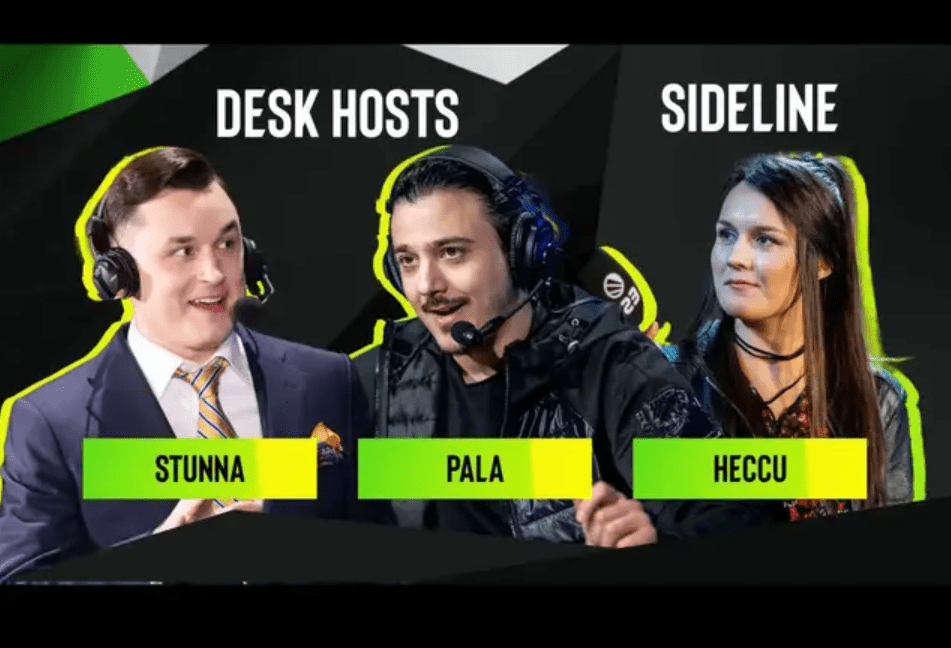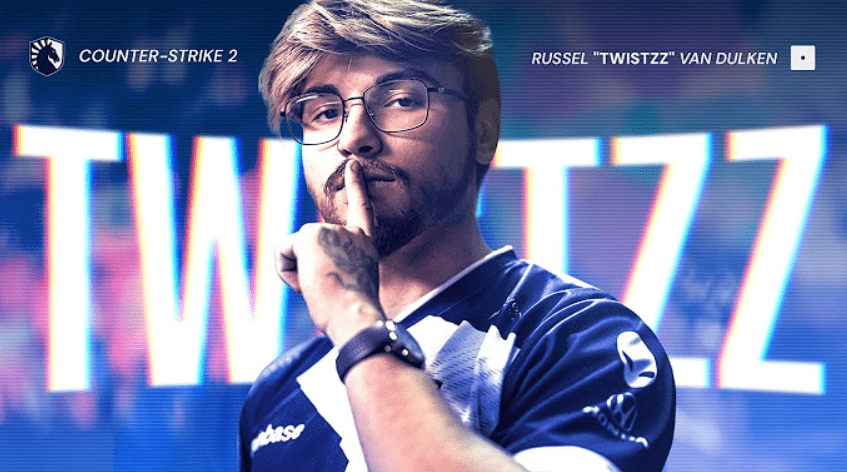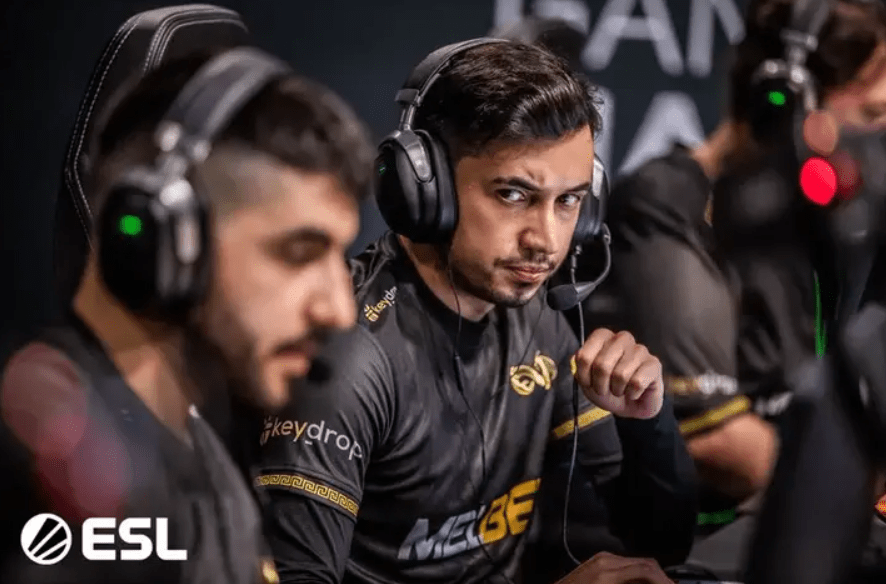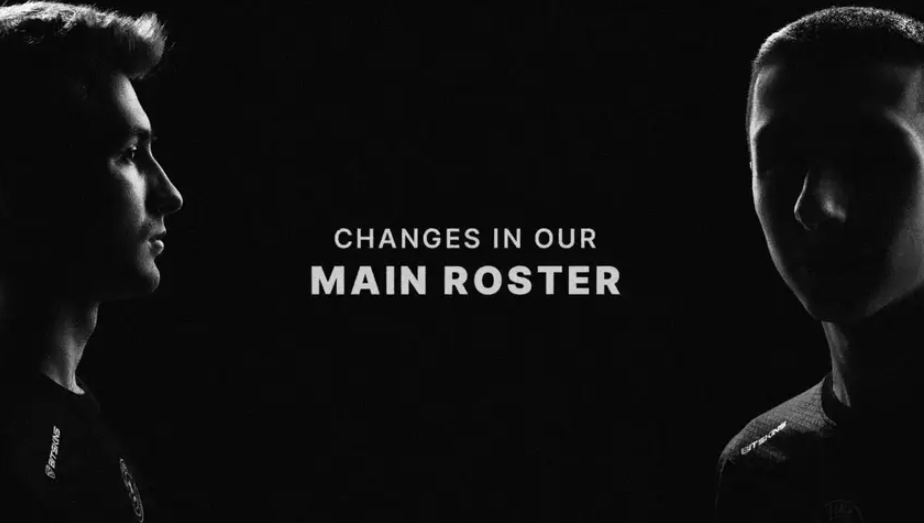CSunfortunate voices criticism of ESL commentators on Twitter

Yesterday, the world of Counter-Strike esports witnessed a heated online exchange involving the game’s commentators. Twitter user CSunfortunate directed a barrage of criticism towards the ESL broadcasting team, thrusting them into the center of an intense squabble. This incident has sparked a broader conversation about the nuances of online etiquette and the immense pressures faced by esports commentators in their role. The clash highlights the increasingly intertwined relationship between esports and social media platforms. Twitter, with its real-time and public nature, serves as a prominent platform for fans, players, and critics to express their opinions. While this can foster healthy discussions and constructive feedback, it also opens the door to heated confrontations and personal attacks.
Esports commentators play a crucial role in enhancing the viewing experience for fans. They provide live commentary, analysis, and insights that add depth and understanding to the matches. However, this role is not without its challenges. Commentators must possess in-depth knowledge of the game, maintain a high level of energy and engagement throughout the broadcast, and adapt quickly to the fast-paced nature of esports events. They are expected to strike a delicate balance between entertaining the audience and providing accurate analysis. Moreover, the pressure on esports commentators is amplified by the passionate and demanding nature of the esports community. Fans have high expectations and are quick to voice their opinions on social media. While constructive criticism can help commentators grow and improve, it is crucial to draw a line between fair feedback and unwarranted personal attacks. The incident involving CSunfortunate and the ESL commentators serves as a reminder of the importance of fostering a respectful and supportive environment within the esports community. It calls for a collective effort from fans, players, and organizations to promote constructive dialogue and discourage toxic behavior.
Online Etiquette and Pressures Faced by Esports Commentators: The CSunfortunate Twitter Incident
The world of esports is no stranger to drama and heated exchanges, and one such incident unfolded recently involving Counter-Strike commentators and a Twitter user named CSunfortunate. The incident quickly gained attention and sparked a broader conversation about online etiquette, the pressures faced by esports commentators, and the impact of social media on the industry. It all began when CSunfortunate posted an eight-second clip from an ESL broadcast on Twitter without providing any context. While the clip itself seemed harmless, CSunfortunate accompanied it with a scathing caption, accusing the commentators of unprofessionalism. This tweet caught the attention of the esports community, and it didn’t take long for the drama to unfold. The response from the community was swift and fierce. Twitter users, as well as members of the broadcast team, were outraged by the unwarranted criticism. One of the analysts, Freddie (@GrimyRannarr), directly addressed CSunfortunate, questioning the validity of the criticism and highlighting the extensive experience and expertise of the ESL commentators. This response further fueled the conversation and drew more attention to the incident. As the online community rallied around the commentators, showing their support and defending their professionalism, CSunfortunate found themselves facing mounting pressure. Recognizing the backlash and the impact of their words, CSunfortunate eventually decided to delete their negative posts and issued a public apology. This turn of events further highlighted the influence and power of the community in shaping the narrative and holding individuals accountable for their actions. The incident involving CSunfortunate and the ESL commentators sheds light on the often toxic nature of online discussions. While social media platforms like Twitter provide a space for fans, players, and critics to express their opinions, it also opens the door to heated confrontations and personal attacks.
It is essential to remember that behind the screens, there are real people with emotions and vulnerabilities. Constructive criticism is always welcome and can contribute to the growth and improvement of esports commentators, but resorting to personal attacks only undermines a healthy conversation and the overall well-being of individuals involved in the industry. Esports commentators play a crucial role in enhancing the viewing experience for fans. They provide live commentary, analysis, and insights that add depth and understanding to the matches. However, this role comes with its fair share of challenges. Commentators must possess in-depth knowledge of the game, maintain a high level of energy and engagement throughout the broadcast, and adapt quickly to the fast-paced nature of esports events. They are expected to strike a delicate balance between entertaining the audience and providing accurate analysis. The pressures faced by esports commentators extend beyond their on-air performance. They often need to navigate through a passionate and demanding community that has high expectations. Fans invest their time, energy, and emotions into esports, creating a sense of ownership and personal attachment to the games and the personalities involved. As a result, commentators are subject to intense scrutiny and criticism. While feedback from the community can be valuable and help commentators refine their craft, it is crucial to draw a line between fair feedback and unwarranted personal attacks. The incident involving CSunfortunate also raises questions about the impact of social media on the esports industry. Twitter, in particular, has become a prominent platform for esports discussions, news, and interactions. Its real-time nature allows for immediate reactions, and the platform serves as a gathering place for fans, players, and industry professionals. However, the fast-paced and public nature of Twitter can amplify conflicts, misunderstandings, and negative interactions. Esports organizations and industry stakeholders have recognized the influence of social media and its impact on the community. Many have taken steps to establish guidelines and policies to ensure a positive and respectful online environment. This includes promoting constructive dialogue, discouraging toxic behavior, and implementing measures to address and mitigate online harassment and abuse. It is an ongoing effort that requires cooperation from all parties involved to create a safe and supportive space for everyone.
In conclusion, the clash on Twitter between CSunfortunate and the ESL commentators serves as a reminder of the importance of fostering a respectful and supportive environment within the esports community. It highlights the need for constructive dialogue, empathy, and understanding, both online and offline. As esports continues to grow in popularity and reach, it is crucial to cultivate a culture of respect, fairness, and accountability to ensure the well-being of those involved in this dynamic industry.



